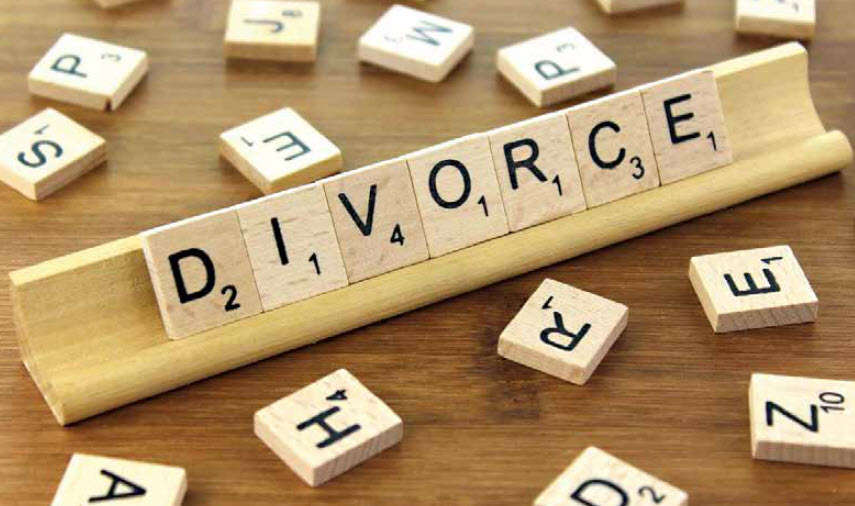By: Mae Lewis
Last week, I caught up with an old friend. He told me that his wife of 20 years had left him to pursue other interests, but that he wasn’t about to divorce her because that would be wrong. “If anyone is going to file for divorce, it has to be her,” he said. While his devotion to his wife is admirable, he is miserable, caring for their children while his wife runs around with other men.
It’s no secret that almost 50 percent of all marriages in the United States will end in divorce. A recent study shows that there is a divorce every 13 seconds in America.
Churches are full of people who have been affected by a divorce. Yet the church treats divorce as “the unpardonable sin.” Another dear friend of mine is currently in an abusive marriage because she is concerned about what God will think. Her husband has terrified her into staying by holding her salvation over her head.
When I divorced, many of my church friends stopped talking to me. The circumstances that led me to choose divorce were the most painful in my life. Unfortunately, I did not find healing or support in the church. Instead, I was ostracized and shamed by church leaders, even long after my divorce. When I sought a job in a church, I prepared for the litany of questions I would have about my divorce and the reasons for it. (I was confident that my reasons were entirely backed by Scripture, yet, I felt that I had to stand trial by the elders for my decisions.)
As a Christian, I understand the sanctity of marriage – it is the very premise of the faith: In the Old Testament, God “married” the nation of Israel, and treated her as his bride. In the New Testament, Christ (the groom) has chosen to love and marry the bride (the church). All of Scripture is permeated with allusions to marriage, love, and the unity of souls that takes place in marriage. The spiritual example of God’s love is the same love that should be reflected in earthly marriage. As such, marriage is treated as the highest calling in practical living, but very little care or concern is given if that standard is not met.
Many people quote Malachi 2:16 (although translations differ) as God saying, “I hate divorce.”
But in Jeremiah 3:8, we discover that God himself is divorced. Israel had been unfaithful to him, and he divorced her. “I gave faithless Israel her certificate of divorce and sent her away because of all her adulteries.”
God himself broke the marriage covenant in the face of unfaithfulness. God hates divorce because he himself has experienced the pain and brokenness of a failed marriage.
I have heard countless times of a church member who has sought marriage counseling from their pastor when their spouse has been unfaithful, only to be told that divorce isn’t permissible. If a congregant does make the decision to divorce, they risk being ostracized, condemned, or treated with indifference.
I think there are two things worth noting here: 1) If God himself is divorced, then surely we do ourselves (and our Christian brothers and sisters) a disservice by presenting divorce as an unpardonable sin. Divorce is a horrible experience, even under the best of circumstances, and we only add to the hurt, confusion, and shame of those who are divorced. Furthermore, we do not help the church’s mission of bringing hope and healing through the Gospel. 2) If God himself understands the pain and brokenness of divorce, then those who find themselves walking through that pain can rest assured that God HEARS them, SEES them, and desires to HEAL them. The message of the church should be one of hope and healing, not shame and judgment. Those experiencing the pain of divorce need to know that they are closer to God, not further away. Psalm 34:18 says, “The Lord is near to the brokenhearted and saves the crushed in spirit.” The message is that God UNDERSTANDS our pain, intimately, and he is not angry with us because we have “failed” him.
Divorce is always the result of sin, but divorce is not always sinful. It is a heartbreaking experience, and many people have left their faith due to the shame of divorce. The church has an amazing opportunity to minister to and heal people who have had to walk this path. Let’s send the message that restoration, healing, and life after divorce can be found within the church.
By: Mae Lewis









 June 20, 2025
June 20, 2025



